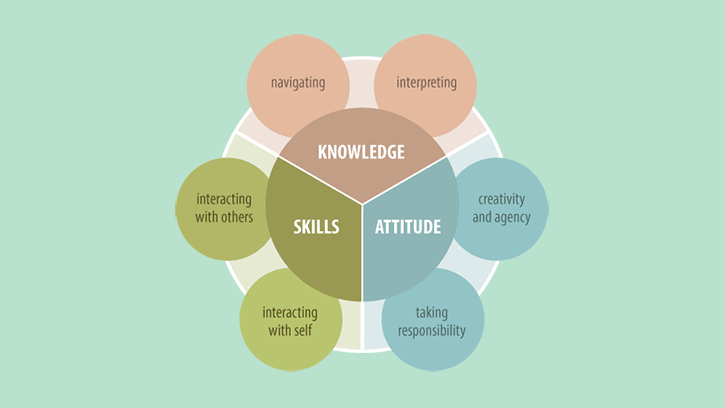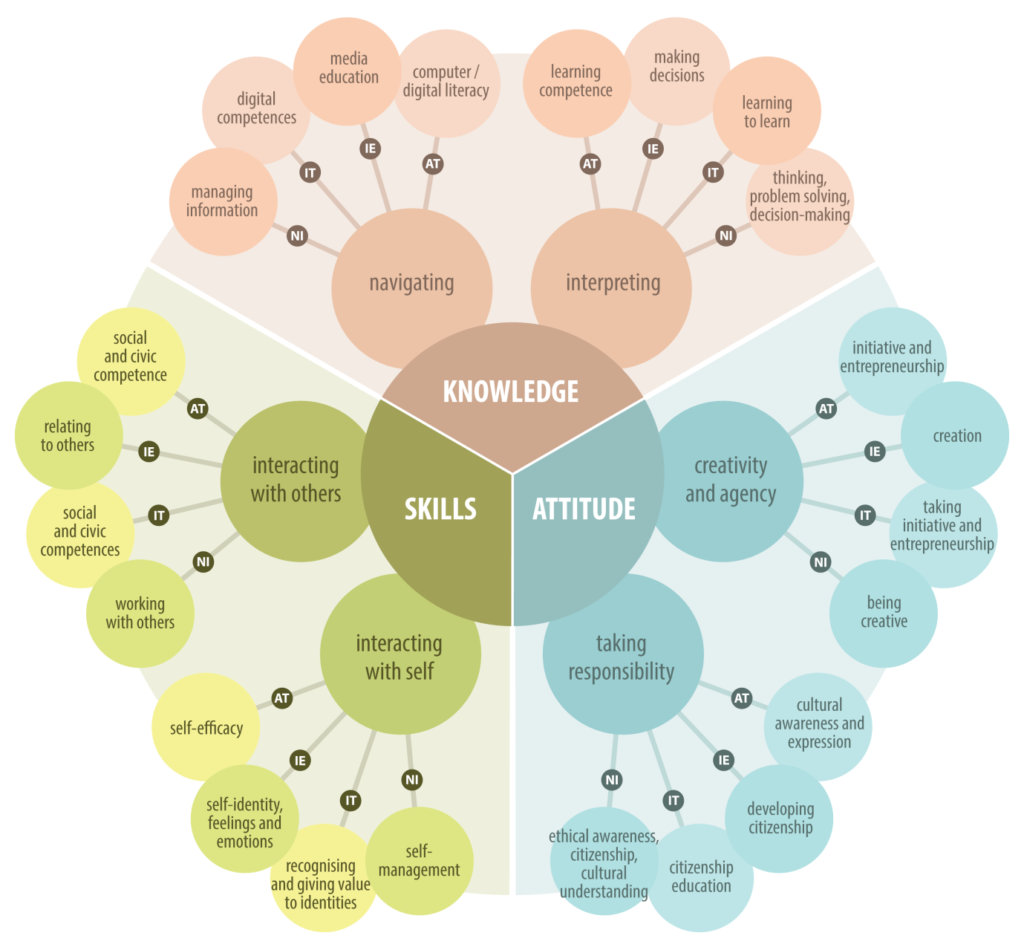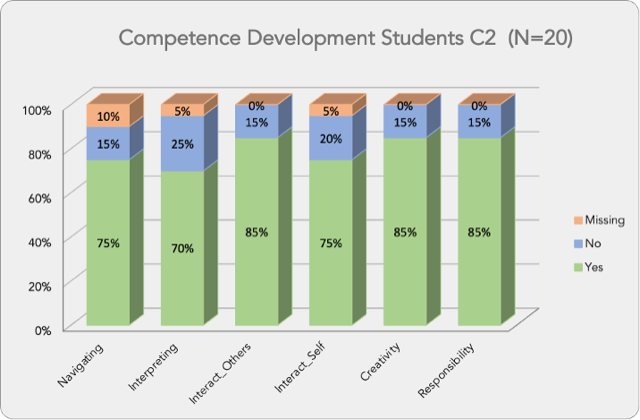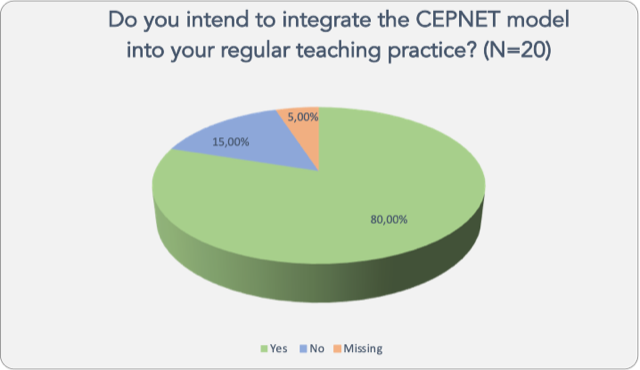CEPNET Competence Framework

There are a wide range of competence frameworks being applied in all of our primary education systems, focusing on how best our children and young people can develop transversal competences and skills while in the latter stages of their primary education career. These national frameworks tend to make use of international indicators, including those developed through the UN and EU. This section looks at the common elements of these developments and how we can make use of this learning within how we can implement our CEPNET methodology.
Rather than re-inventing a new framework, the CEPNET model makes use of these overarching approaches and is designed to help our teachers and educators to examine the stimulus of the Sustainable Development Goals to allow for our students to further progress their attainment of transversal competences. The aim of our framework is that it can be used at a very practical level in the classroom, allowing students to clearly understand where they are at and where they would like to get.
Through this website, you can find a range of specific supports, tools, activities and resources that have been tested within the classroom.
By implementing the methodology (in part or in full), we will seek to provide a parallel support to our teachers as they work to equip their students with a set of core competencies as articulated by each national framework. By core competencies, we are referring to the essential knowledge, skills, concepts, dispositions, attitudes and values which enable the children to adapt and deal with a range of situations, challenges and contexts. Our SDG focus will mean that the children will be supported to navigate a wide variety of contexts and situations, to be able to interact and engage with the world around them and come to an appreciation of its value and their responsibilities as custodians of it.
The figure above highlights the key elements of the CEPNET competence framework. It is clear as we look at the breakdown of the competences as they are defined and articulated in each country, that there is strong common ground. It is within this overlapping set of skills, attitudes and knowledge, where we will seek to develop and test our methodology. It is through this sharing of perspectives that we will be able to examine new approaches and reflect on how we can embed these in our own practices.
The figure below unpacks these 6 core competences that support and underpin our CEPNET vision.
- Navigating- media and information literacy
- Interpreting- critical thinking
- Interacting with others- interpersonal skills
- Interacting with self- intrapersonal skills
- Creativity and agency- innovative thinking
- Taking responsibility-global citizenship

These key competences present an overlap between skills, attitudes and knowledge. For example, the emphasis is on locating, critiquing and using knowledge as well as appreciating knowledge for its own sake. In this way, our competences enable and foster deep learning while also contributing to holistic development.
The competences will be embedded across all CEPNET project phases, ensuring their relevance across national curricula while providing continuity and connectivity in children’s learning as they progress through primary school.
A key focus within this competence framework, given the importance of the SDGs within our overall approach, will be how we can foster within children the knowledge, skills, concepts, attitudes, values and dispositions that motivate and empower them as citizens to take positive actions to live justly, sustainably and with regard for the rights of others.
We are using this framework as a means of scaffolding our engagement with our schools, teachers and students. We consistently return to this to see when we spin the wheel at the core of this framework, what new is emerging in relation to how our participants have progressed.
We are always seeking to understand the extent to which we have helped to encourage children to question, critique and understand what is happening in the world within a framework of human rights, equality and social justice.
Through the project structures, our participants are asked to help us to understand how they see notions of wellbeing, resilience and self-care. They assist us in framing the project’s achievements in fostering self-awareness and promoting the importance of children seeing themselves as capable and resourceful, as well as positive and engaged in their learning.
These practices and values are already in place in our schools, so when we use the CEPNET project resources to discuss and situate democratic practices at the centre of the learning process, we will be providing extra supports to the schools and teachers in their ongoing work with their students. By focusing on such competences, the CEPNET project will be explicitly seeking to develop children’s capacity and motivation for active and meaningful participation in society at local, national and global levels.
By placing the competence framework at the core of our work, we are in fact applying the same urge to discuss, debate, learn and share with each other about how the phases of the project are working and the extent to which we can capture outcomes within our framework. This allows us also to work in partnership with the school curriculum and infrastructure to promote the child’s ability to contribute positively and compassionately towards the creation of a more sustainable and just world.
Through an extensive evaluation of the work of the project where all stakeholders were engaged, the teachers focused on how these range of competences had been supported and enhanced within the classroom through the CEPNET project.

Furthermore, when asked about the idea of continuing to use the approach into the future, the teachers responded in a positive manner, with 80% expressing their intent to embed CEPNET within their regular teaching practice.

Further evaluation data and reports will be made available through the resources section.

